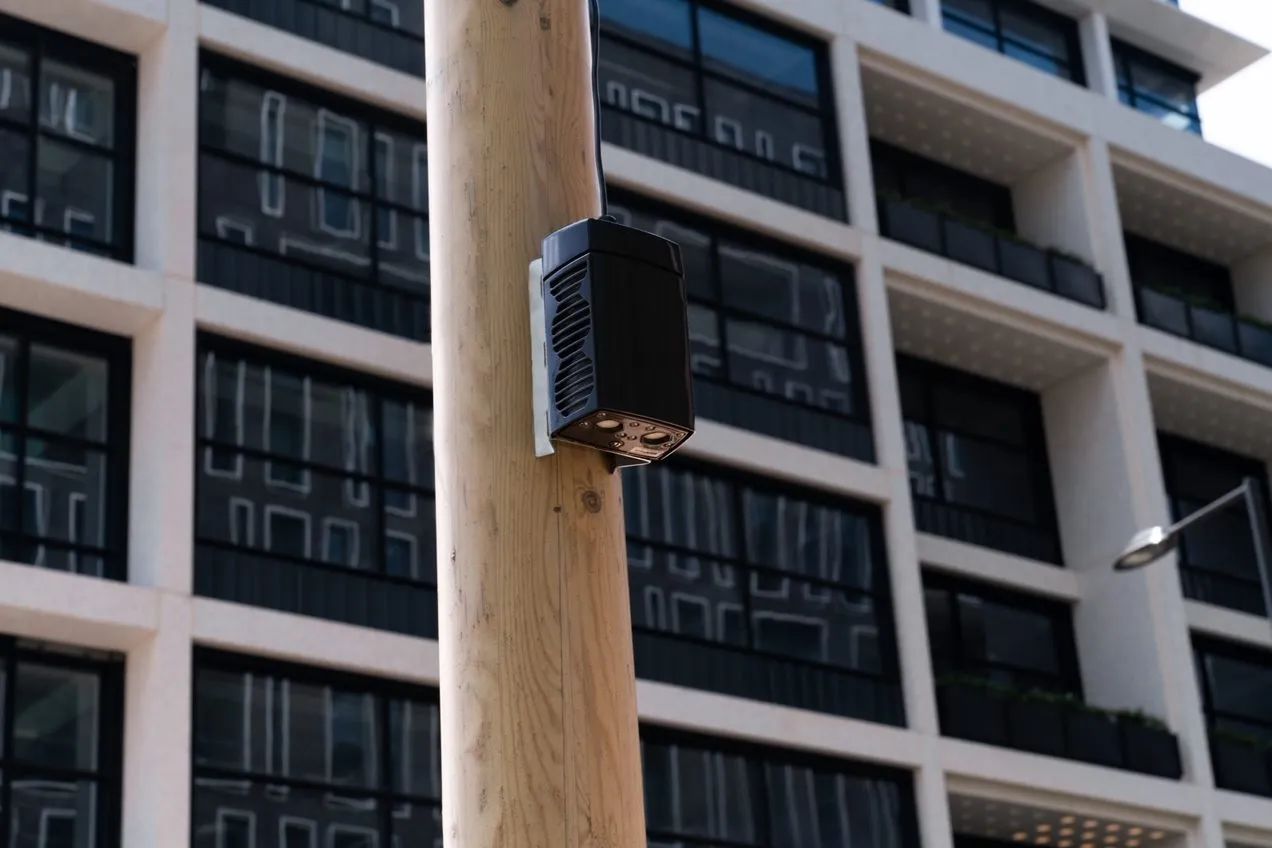Aligned Assets (AA) will offer a free trial of its Augmented Reality (AR) application to all local authorities and emergency services in support of GIS (geographic information systems) day on 15 November 2017. The Symphony AR (SAR) allows any data which has a spatial element to be shown as AR markers such as addresses, sports facilities, listed buildings and commercial properties.
November 14, 2017
Read time: 2 mins
Aligned Assets (AA) will offer a free trial of its Augmented Reality (AR) application to all local authorities and emergency services in support of GIS (geographic information systems) day on 15 November 2017. The Symphony AR (SAR) allows any data which has a spatial element to be shown as AR markers such as addresses, sports facilities, listed buildings and commercial properties.
SAR’s full management console, Symphony Location Manager, enables users to load their own spatial data, configure it and define how data should be visualised within AR.
The system’s flexibility allows an organisation to choose which data they want to make available and, in safeguarding members of staff and the public, it can be used by emergency services responding to an incident to observe risk-based information within their vicinity. SAR can be used to expose information held in office-based systems so that an officer on the ground to help make important decisions such as a property which is on fire has oxygen cylinders. In addition, it can also be applied if a neighbouring property has been known to store large quantities of fireworks.
For the trial, SAR can be downloaded from the Google Play Store.
Andy Hird, AA managing director, said: “For this Gazetteers Day we are making available just the addresses themselves, to help people gain an understanding into how AR can hook into a spatial dataset and expose that information as augmented markers. We hope custodians will use Symphony AR to engage users within their organisation in a visual and current way, the individual use cases are varied and we believe custodians and the people they engage will start to think about ways such technology can help them deliver services or empower decision making. Access to this data can create a range of benefits from helping protect the public, safeguarding front line staff, helping to reduce fraud or providing access to any geospatial data.”
SAR’s full management console, Symphony Location Manager, enables users to load their own spatial data, configure it and define how data should be visualised within AR.
The system’s flexibility allows an organisation to choose which data they want to make available and, in safeguarding members of staff and the public, it can be used by emergency services responding to an incident to observe risk-based information within their vicinity. SAR can be used to expose information held in office-based systems so that an officer on the ground to help make important decisions such as a property which is on fire has oxygen cylinders. In addition, it can also be applied if a neighbouring property has been known to store large quantities of fireworks.
For the trial, SAR can be downloaded from the Google Play Store.
Andy Hird, AA managing director, said: “For this Gazetteers Day we are making available just the addresses themselves, to help people gain an understanding into how AR can hook into a spatial dataset and expose that information as augmented markers. We hope custodians will use Symphony AR to engage users within their organisation in a visual and current way, the individual use cases are varied and we believe custodians and the people they engage will start to think about ways such technology can help them deliver services or empower decision making. Access to this data can create a range of benefits from helping protect the public, safeguarding front line staff, helping to reduce fraud or providing access to any geospatial data.”










